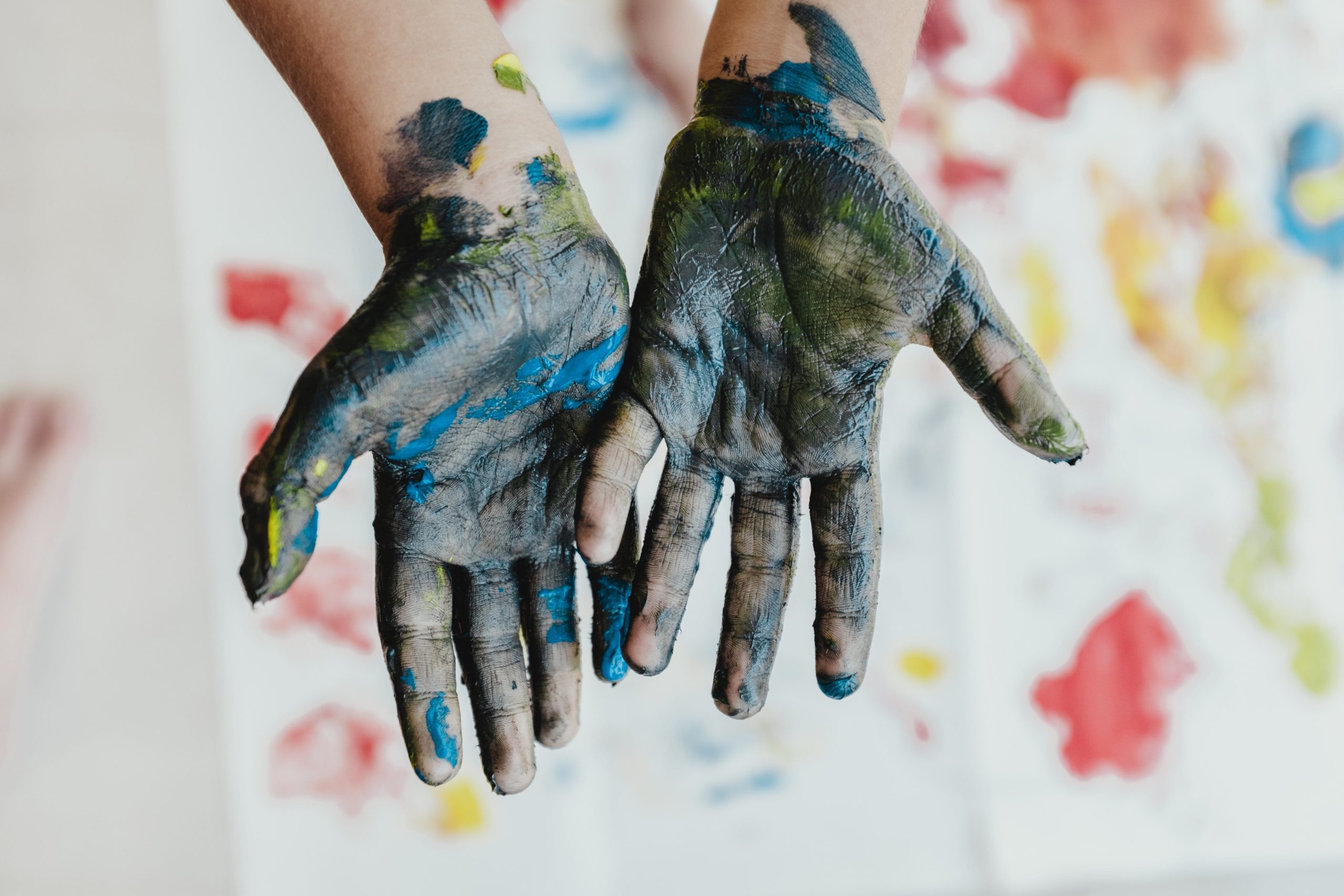Are you aware of the transformative power of arts education on students’ emotional intelligence and mental health? Numerous studies have shown that arts programs are not just a source of entertainment; they significantly contribute to developing students’ social-emotional skills, including self-awareness, empathy, and critical thinking. In this blog post, we will explore how arts education can positively impact young minds and help them cope with stressors in their lives. So buckle up as we delve into the fascinating world where creativity meets emotional learning!
Introducing emotional intelligence and mental health
While the arts are often thought of as a way to improve aesthetics or creativity, they can also have a significant impact on emotional intelligence and mental health in students. Emotional intelligence is the ability to identify and manage one’s own emotions, as well as the emotions of others. It is a critical skill in today’s world, where we are constantly interacting with others online and in person. Mental health is also an important issue, particularly for young people. According to the National Alliance on Mental Illness, 1 in 5 children aged 13-18 live with a mental health condition. The arts can help students develop emotional intelligence and cope with mental health issues by providing a creative outlet for expression and communication.
The arts offer a unique way for students to express themselves and communicate their feelings. Through creative activities such as painting, drawing, sculpture, and acting, students can explore their emotions and learn how to manage them effectively. The arts can also help students understand the emotions of others, providing empathy and compassion. For example, watching a play or movie can help put ourselves in someone else’s shoes and see the world from their perspective. This understanding is essential for developing healthy relationships.
Mental health is another important area where the arts can make a difference. The creative outlet provided by the arts can help reduce stress and anxiety, while also increasing self-esteem and confidence. expressive activities can also be therapeutic, helping individuals process difficult experiences and work through traumas
The impact of arts education on emotional intelligence
It is widely accepted that arts education has a positive impact on students’ emotional intelligence and mental health. Emotional intelligence is the ability to effectively manage one’s own emotions and respond to the emotions of others. It is an important life skill that can be developed through exposure to the arts.
Mental health is a state of well-being in which an individual can cope with the normal stresses of life, work productively, and make meaningful contributions to his or her community. Arts education has been shown to improve mental health by providing a creative outlet for expression, increasing self-esteem and confidence, and promoting social and emotional skills.
A number of studies have examined the impact of arts education on emotional intelligence and mental health in students. One study found that students who participated in drama classes had higher levels of empathy than those who did not participate in drama classes. Another study found that students who took part in visual arts classes had higher levels of self-esteem than those who did not take part in visual arts classes.
The findings from these studies suggest that arts education has a positive impact on emotional intelligence and mental health in students. Arts education helps students develop important life skills such as empathy and self-esteem, which are essential for success in school and in life.
The impact of arts education on mental health
A study conducted by the National Endowment for the Arts found that students who receive arts education have better mental health outcomes than those who don’t. The study found that arts education can help improve emotional intelligence and reduce stress levels.
The study participants were divided into two groups, one of which received arts education while the other did not. The researchers found that those in the arts education group had better mental health outcomes than the control group. The arts education group had lower levels of stress, anxiety, and depression. They also had higher levels of self-esteem and self-worth.
The study’s lead author, Dr. James Catterall, said that the findings show that arts education has a positive impact on mental health. He said that the findings suggest that arts education can be used as a tool to prevent mental health problems in students.
How arts education can benefit all students
Arts education can have a number of benefits for students, including those related to emotional intelligence and mental health.
Some of the ways in which arts education can benefit students emotionally are by helping them to:
– Express themselves more effectively
– Develop empathy and understanding for others
– Improve communication skills
– Reduce stress and anxiety
– Boost self-confidence and self-esteem
In terms of mental health, arts education can help students to:
+Cope with difficult life experiences
+Develop positive coping mechanisms
+Build resilience in the face of adversity
Conclusion
In conclusion, arts education can have a tremendous positive impact on students’ emotional intelligence and mental health. Not only does it provide them with the tools needed to express their feelings in appropriate ways and manage them effectively, but it also allows them to explore different aspects of themselves that they may not be able to access through traditional academic approaches. Arts education provides an important outlet for creativity, self-discovery, and personal growth that is essential for developing healthy social-emotional skills.








